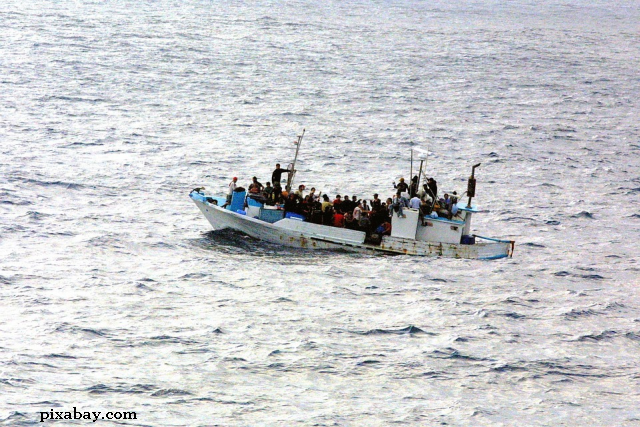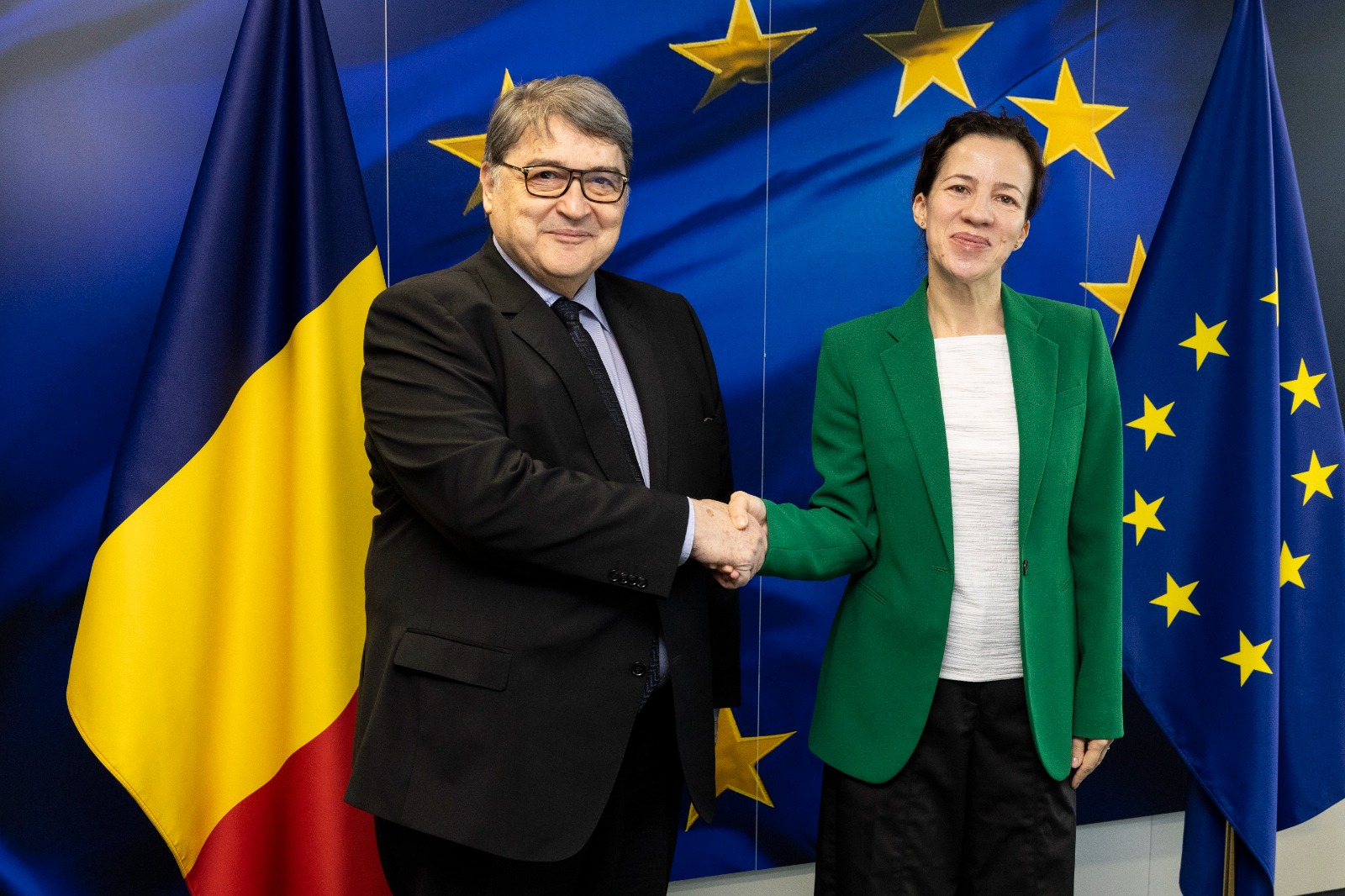EU and NATO denounce cyber attacks
Thousands of migrants are trying to get to the EU by crossing the Belarusian-Polish border.

Daniela Budu, 17.11.2021, 13:50
Belarus is again an emergency on the EU s agenda, this time due to the crisis generated by the migrants who want to enter the EU by crossing the border between Belarus and Poland. Political analysts say that we are already dealing with a humanitarian crisis and that the presence of military on both sides of the border creates dangerous premises for an armed conflict. Under these circumstances, tensions cannot be eased unless the leader in Minsk, Alexander Lukashenko, gives up under the pressure of new sanctions or a diplomatic agreement, analysts believe. Meanwhile, both NATO and the EU have denounced a hybrid attack launched by the Lukashenko regime.
The organized transport of migrants from the Middle East towards the Belarusian border with Latvia, Lithuania and Poland has started ever since this summer, but the situation got out of control after the flow of migrants was directed towards the Polish border, which is a border with both the EU and NATO. Polish military have been trained to protect the Eastern border and there have been clashes between them and the migrants, with victims being reported. While Poland further bans the migrants’ access to its territory, authorities in Belarus, who had allowed migrants to enter and cross the country, do not let them go back. In this context, Brussels asked for border access to for international humanitarian organizations. Moreover, the EU and NATO voiced solidarity with Warsaw and have announced new sanctions on Belarus. NATO has voiced its concern at Lukashenko’s strategy of putting the migrants’ lives at risk. In his turn, Lukashenko, accused of having orchestrated the crisis, has given assurances that he wants to prevent the crisis from escalating into a confrontation with its European neighbors.
Meanwhile, the EU, which some years ago was destabilized by a large number of migrants, has announced in Brussels the setting up of a joint military force of up to 5 thousand soldiers. Called the Strategic Compass, the project is aimed at consolidating the European defense policy. The project may be ready by 2025 and would ensure that the EU, without the support of the United States, can respond to security threats, react in crisis situations such as the one unfolding at its border, and carry out rescue and evacuation missions. According to the latest data made public by the European Border and Coast Guard Agency (Frontex), the EU continues to be faced with a big number of illegal border crossings. Some 134 thousand such attempts were reported in the first nine months of 2021, by 47% more than in 2019, before the pandemic. There are six main routes taken by migrants trying to get to the EU, of which the Central-Mediterranean route is the most used. (EE)






























